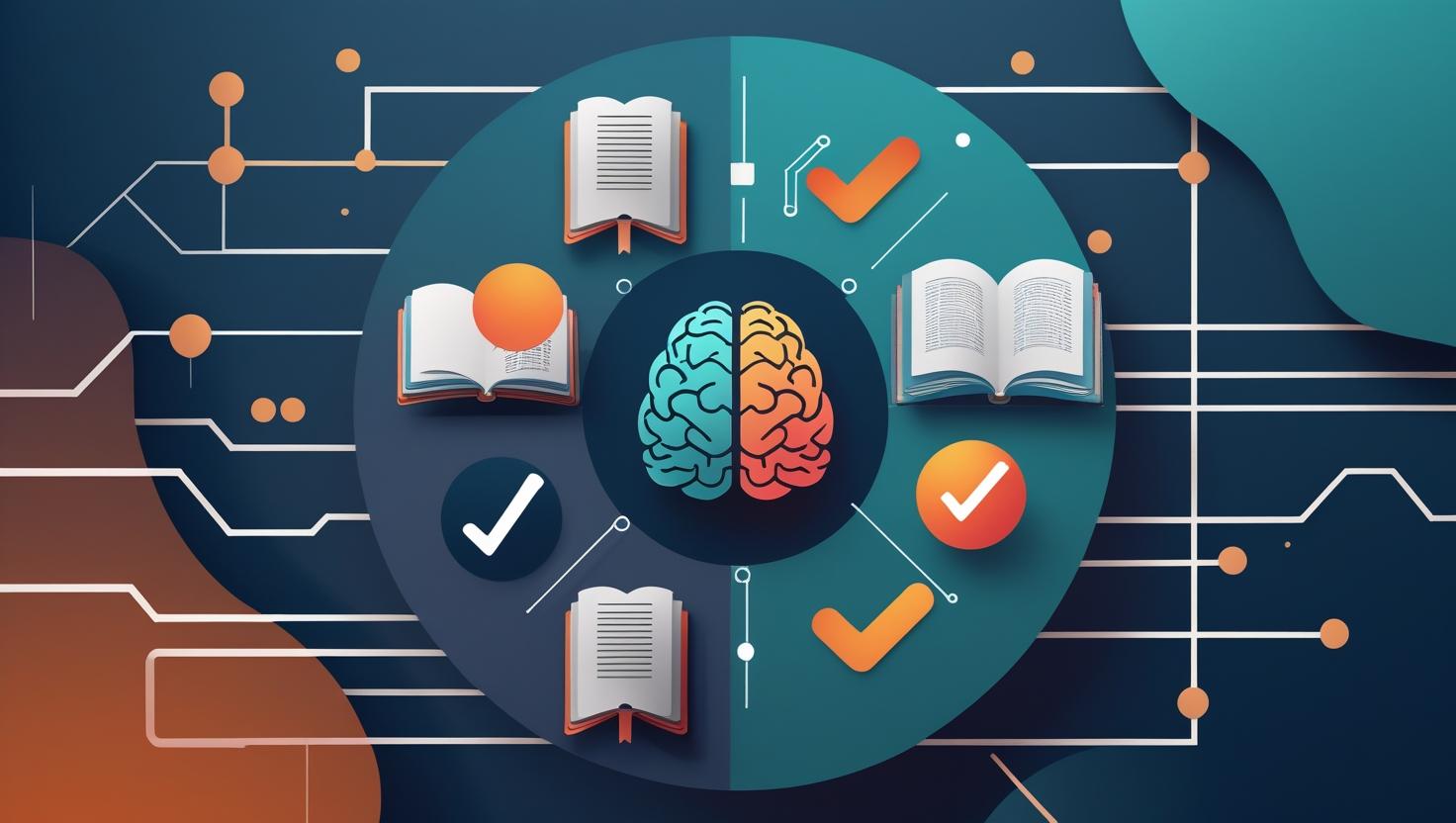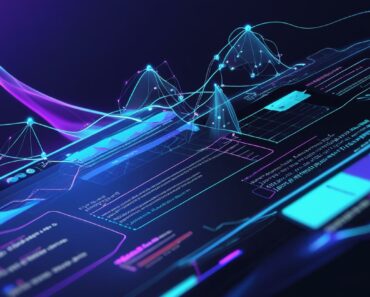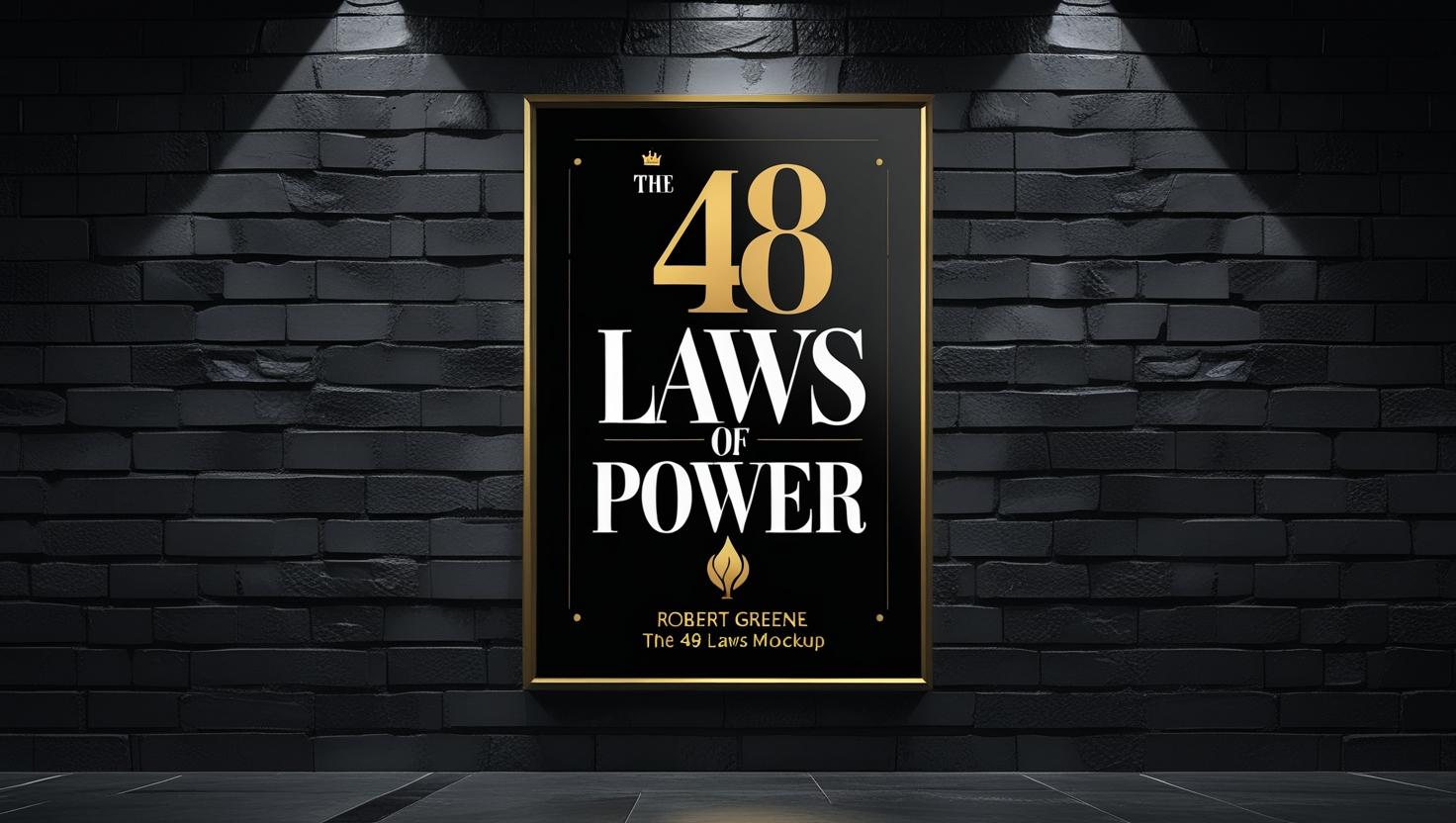One of the biggest game-changers in this space is the rise of AI-powered task management tools. Platforms like Reclaim.ai dynamically prioritize and schedule your work, adjusting in real-time to interruptions and shifting priorities. By automating routine decisions, these tools free up mental bandwidth, allowing you to concentrate on what truly matters.
Similarly, Notion AI blends note-taking with task organization, making it easier to capture ideas and translate them into actionable steps. This seamless integration of creative work and productivity is redefining how individuals and teams plan projects.
Alongside technology, mindfulness has become a cornerstone of effective time management. Incorporating intentional breaks and focus sessions, as championed by apps like Rize, helps prevent burnout and sustain long-term productivity. These practices encourage users to listen to their mental and physical states, creating a healthier relationship with work.
Time-tested methods remain relevant as well. Frameworks such as the Eisenhower Matrix and Pomodoro Technique are experiencing renewed interest, adapted to modern workflows. The Eisenhower Matrix aids in distinguishing between urgent and important tasks, empowering users to focus on high-impact activities rather than reacting to distractions. Meanwhile, the Pomodoro Technique encourages working in focused bursts followed by short rests, optimizing attention and stamina.
Modern productivity tools reflect this holistic approach. Platforms like Trello and Microsoft To Do have introduced advanced features that foster collaboration, integrating effortlessly with communication tools such as Slack and Microsoft Teams. This connectivity ensures everyone stays aligned and progress is transparent, critical for remote and hybrid work environments.
Additionally, customizable digital planners have surged in popularity. Solutions like Notion and Xmind AI offer users tailored templates and visual planning boards that adapt to unique workflows and preferences. This flexibility encourages consistent use and makes planning an engaging, personalized experience.
With distractions at an all-time high, effective time management in 2025 is about balance—combining smart automation with self-awareness and social support. By embracing these trends, individuals can not only get more done but do so sustainably and with less stress.
Leveraging AI to Regain Control
The proliferation of AI productivity tools is reshaping daily workflows. Instead of manually juggling calendars, AI assistants like Reclaim.ai analyze priorities and automatically allocate focused time blocks. This dynamic scheduling respects deadlines, personal rhythms, and even wellness routines, creating a balanced day without user micromanagement.
Similarly, Notion AI helps transform unstructured notes into actionable project plans, speeding up the transition from brainstorming to execution. This fusion of creativity and organization is particularly valuable in knowledge work, where fluid thinking must translate into concrete results.
Mindfulness Meets Productivity
Modern approaches to time management recognize the importance of mental well-being. Apps like Rize promote intentional breaks and focus cycles that help users maintain attention while avoiding burnout. This integration of mindfulness encourages a healthier work rhythm and increased awareness of energy levels throughout the day.
Employing techniques such as guided breathing, short meditations, or light stretching during breaks can refresh the mind and improve cognitive function, making productivity more sustainable.
Classic Frameworks with a Modern Twist
Traditional strategies like the Eisenhower Matrix and Pomodoro Technique remain effective when tailored to current demands. The Eisenhower Matrix helps users systematically categorize tasks by urgency and importance, preventing distractions from overwhelming their schedule.
The Pomodoro Technique—working in focused 25-minute intervals with 5-minute breaks—boosts concentration and reduces decision fatigue. Many apps now embed Pomodoro timers, making it easier than ever to maintain disciplined work periods.
Enhanced Collaboration in a Connected World
Remote and hybrid work models demand robust tools that support teamwork. Trello and Microsoft To Do lead the way by integrating task management with communication platforms. These apps allow team members to assign tasks, track progress, and share updates in real time, fostering transparency and accountability.
Seamless synchronization with platforms like Slack and Microsoft Teams ensures that notifications and workflows stay connected, reducing context switching and missed deadlines.
Customizable Planning for Unique Needs
Recognizing that productivity is personal, many turn to customizable planners. Tools like Notion and Xmind AI offer flexible templates, dashboards, and mind maps to visualize tasks, goals, and timelines. This adaptability helps users craft systems that fit their style, boosting engagement and consistency.
Actionable Tips to Enhance Your Time Management in 2025
- Embrace AI tools that automate scheduling and prioritize tasks dynamically.
- Integrate mindfulness breaks to sustain focus and reduce stress.
- Apply classic frameworks like the Eisenhower Matrix and Pomodoro Technique to structure your work.
- Utilize collaboration platforms for transparent teamwork and communication.
- Customize your digital planners to match your workflow and preferences.
- Review and adjust regularly to maintain balance and efficiency.
Mastering time management in 2025 is about blending technology, psychology, and collaboration. By adopting AI-powered tools, prioritizing mental well-being, and leveraging flexible systems, you can achieve higher productivity without sacrificing balance. This integrated approach enables you to focus on what matters most while navigating the complexities of modern work.





